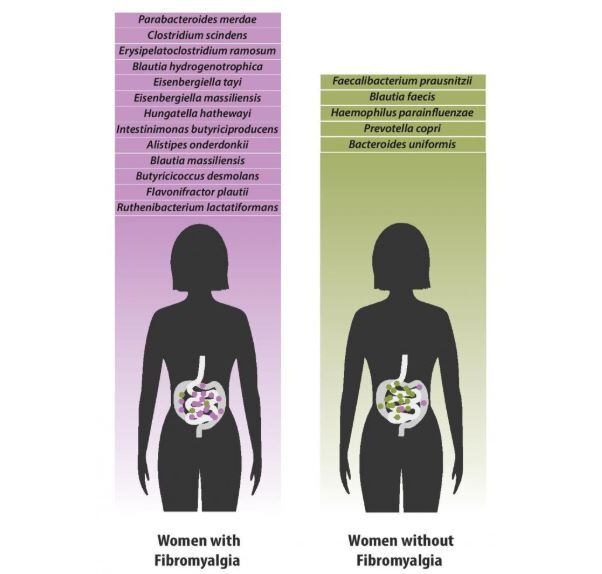Consumption of A2 milk have positive effect on gastrointestinal system and cognition in pre-schoolers: China study
A new study has found that replacing conventional milk with A2 milk greatly reduced gastrointestinal symptoms associated with lactose intolerance in Chinese preschool children, and saw improvements in their cognitive performance.
Researchers from Australia and China’s universities compared the effects of five days consumption of conventional milk (containing A1 and A2 β-casein) and A2 milk (contain A2 β-casein only).
“Conventional milk increased serum inflammatory and immune biomarkers, as well as an increased cognitive test error rate compared with A2 milk in the pre-schoolers.”
Feeling the heat: High chilli intake linked to cognitive decline in Chinese adults
Chilli consumption above 50g a day has been linked to cognitive decline in Chinese adults, according to researchers from Qatar, Australia and USA.
The 15-year study enrolled 4852 adults in China and is the first population study investigating the association between chilli intake and cognitive function.
Capsaicin, the active component in chilli, has previously been found to have benefits in relation to mortality, obesity and hypertension. But its effect on long-term cognition function had yet to be elucidated in animals and humans.
Tea and mushrooms: Two promising targets for tackling cognitive decline ‘amid failure of big pharma’
There is growing evidence that certain plant-based nutrients in tea and mushroom may help to delay cognitive decline as we age, and may provide more promising focuses for further research after multiple products touted by the pharma sector ended in failure.
At the second Healthy Ageing APAC Summit 2019 held in Singapore, Dr Feng Lei from the National University of Singapore, discussed the current drug development dilemma and the potential role of phytonutrients in preventing dementia.
“Dementia occurs when cognitive function (memory, thinking) declines and reaches a threshold that limits a person’s ability to perform normal daily functions,” said Feng, Principal Investigator from the Department of Psychological Medicine at the National University of Singapore.
High bioavailability curcumin formula boosts neurocognitive function in healthy elderly – Australian study
An Australian trial has found that curcumin extract with high bioavailability is able to improve neurocognitive function and mood in healthy aged subjects.
The study conducted by researchers from Swinburne University was published in Current Developments in Nutrition recently.
The researchers previously found that a four-week administration that Longvida by Verdure Sciences, a 400mg supplement that contains 80mg of curcumin, improved working memory and reduced fatigue and stress reactivity in older Australians.
Coffee fix? Intake linked to reduced risk of depression in Japanese elderly
Coffee intake has been linked with a decreased risk of depressive symptoms among elderly Japanese women, according to a new multi-centre cross-sectional study.
Almost one-in-three people in Japan is now over the age of 65, with country facing a rapidly ageing population, twinned with a diminishing birth rate.
Those aged 65 or older now make up a record 35.6 million, or 28.1 per cent of the total population, the government said last year.





